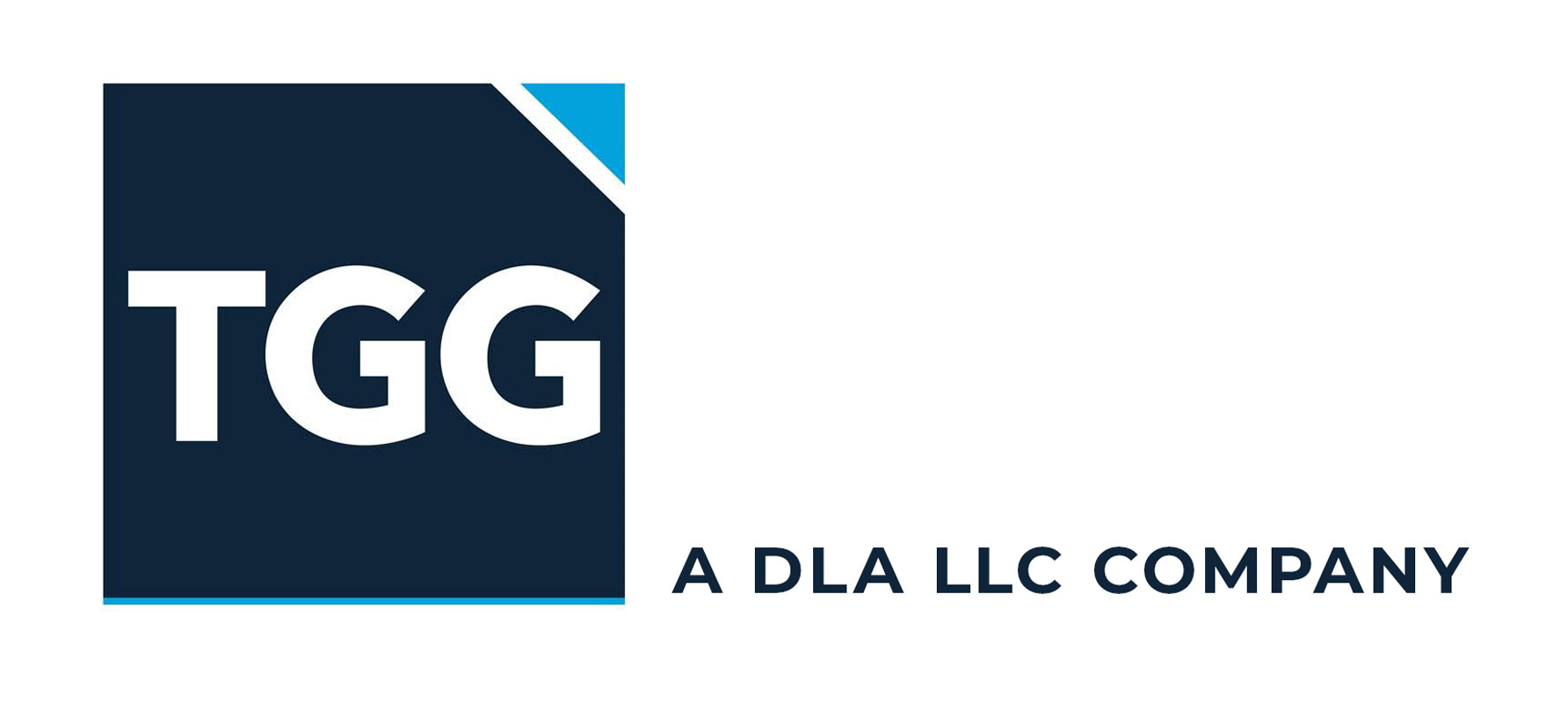You can’t make informed decisions without
INCREASE PROFITABILITY
Our financial outsourcing solutions will help, as a business owner, you improve finance function and performance by providing an insightful monthly financial package coupled with expert guidance on how to use that information to achieve profitable business growth.






